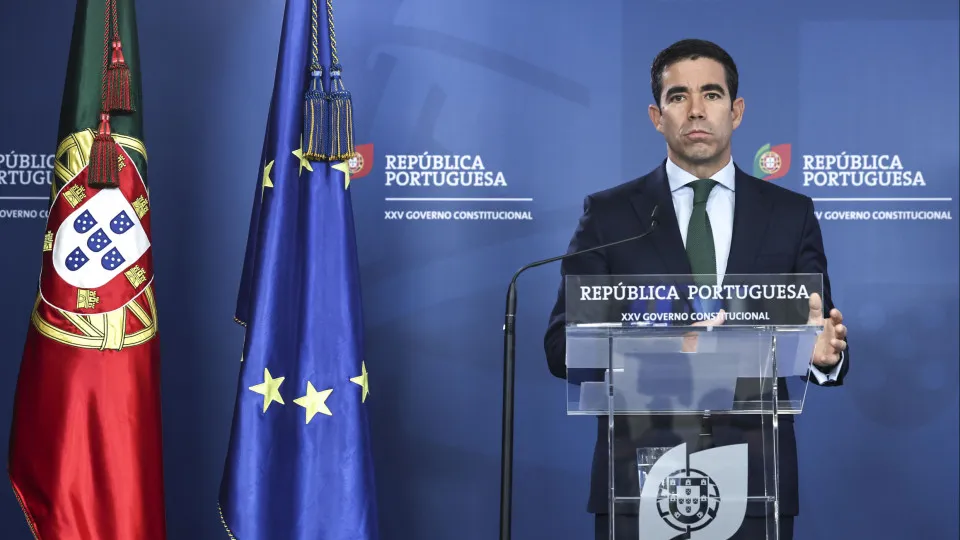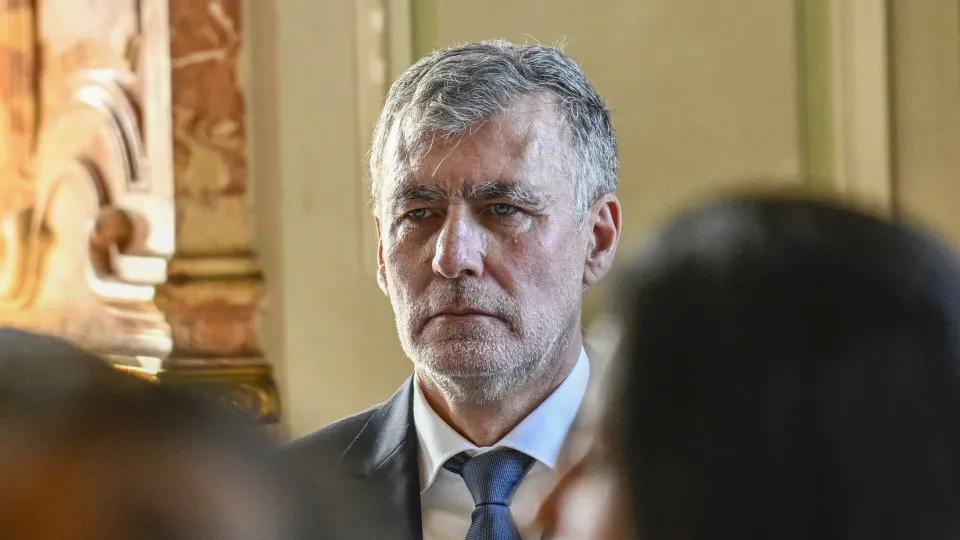
The measure, initially suggested by a weekly publication, was announced by the Minister of the Presidency, António Leitão Amaro, following the weekly Council of Ministers meeting.
The response center, CorGov, set up to manage government crises, “is activated in the event of a serious crisis, as decided by the Prime Minister,” and includes “a sequence of steps for both political coordination and communication,” he stated.
He explained, “Whether crises are of natural origin, human-induced, cyber, or digital and physical, this center will effectively handle them.”
The minister emphasized that the approval of this tool does not change or remove “the operational responsibilities of various entities, such as civil protection, medical emergencies, military responsibilities, or the Internal Security System.”
Without directly referencing the April energy blackout, the Minister of the Presidency acknowledged that the government faced this situation without “a planned process for political crisis coordination and communication.”
“When planned processes are lacking, the alternative is to improvise both the political coordination process and the communication process,” he mentioned.
Leitão Amaro argued that “well-organized states and well-structured governments have a process for coordinating major decisions, leading the decision chain, timing, notifications, and interacting with other relevant entities.”
“The same goes for political communication. Although we recently relied on intuition and quickly turned to a radio broadcast in a past episode as an impromptu action, such communication should occur in a coordinated, planned, and professional manner,” he added.
Regarding CorGov, the government has drawn inspiration from models in other countries.
“The Portuguese government now possesses what it previously lacked—preparation that offers more security and guarantees to citizens,” he claimed, underscoring the notion that “crises are prepared for in times of peace.”




